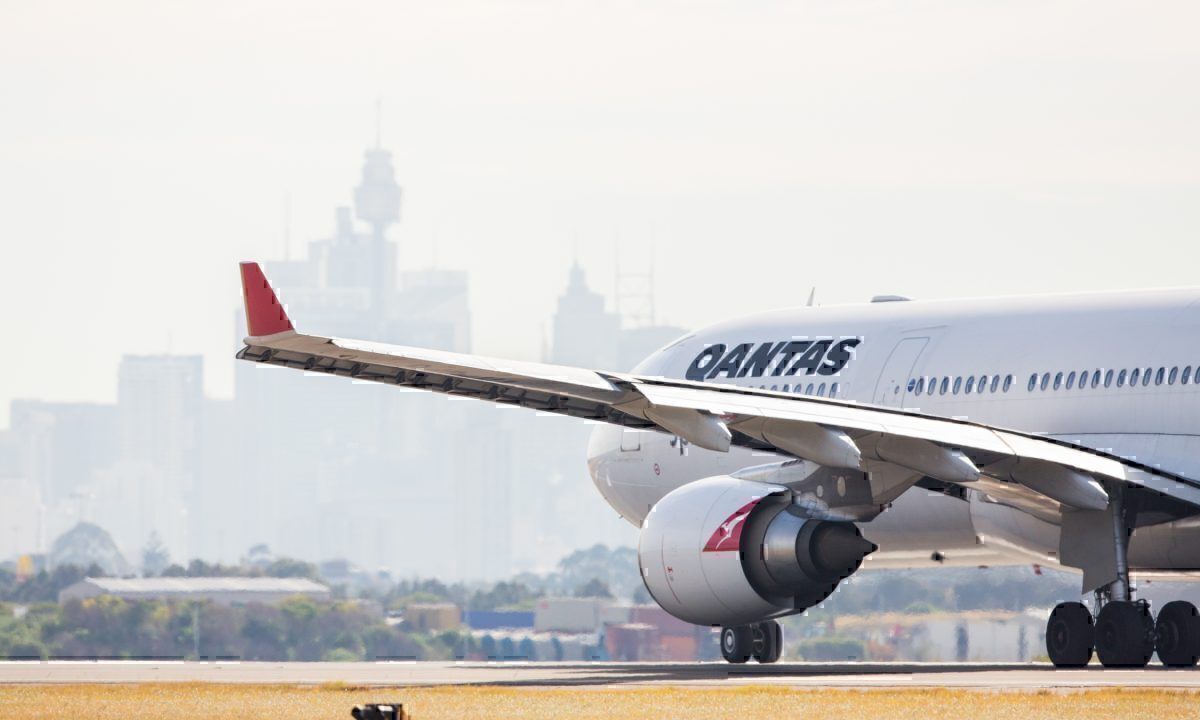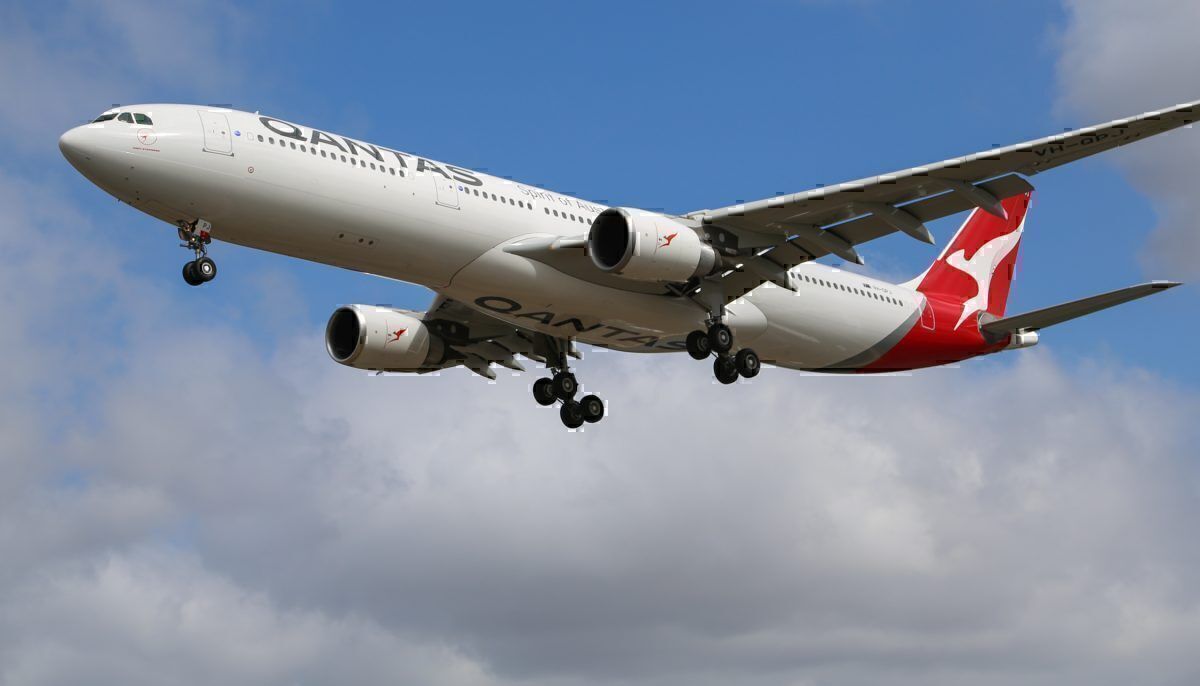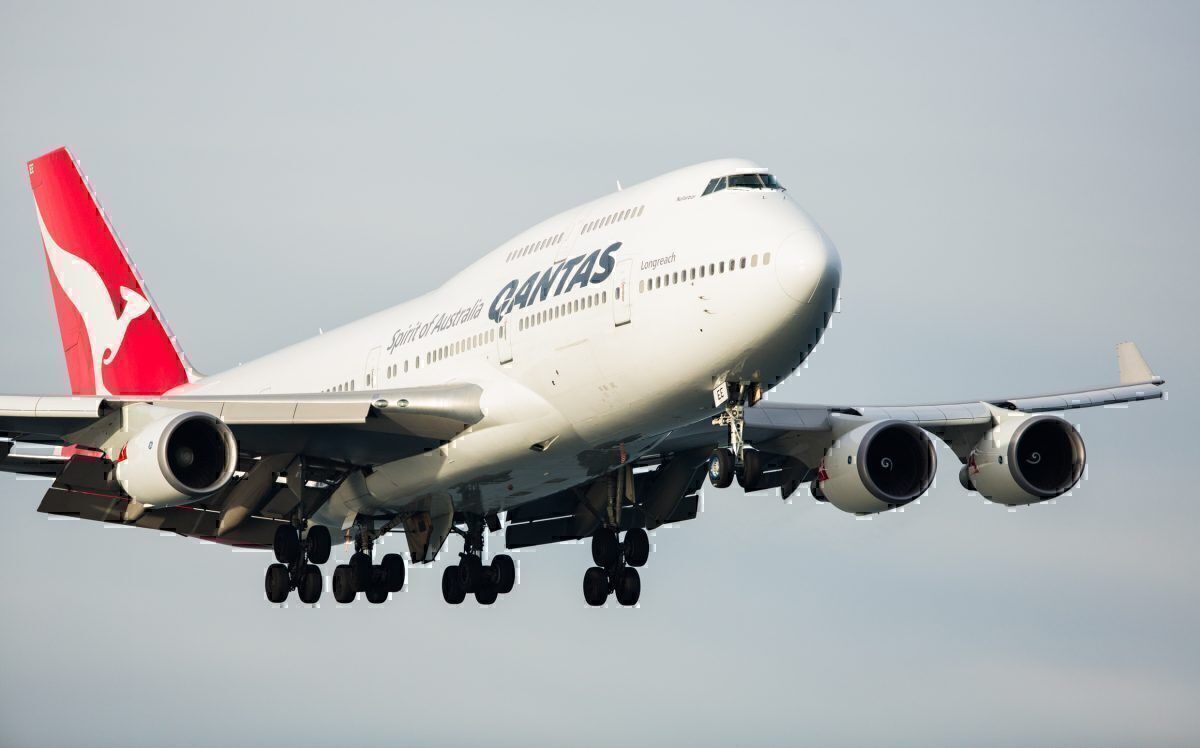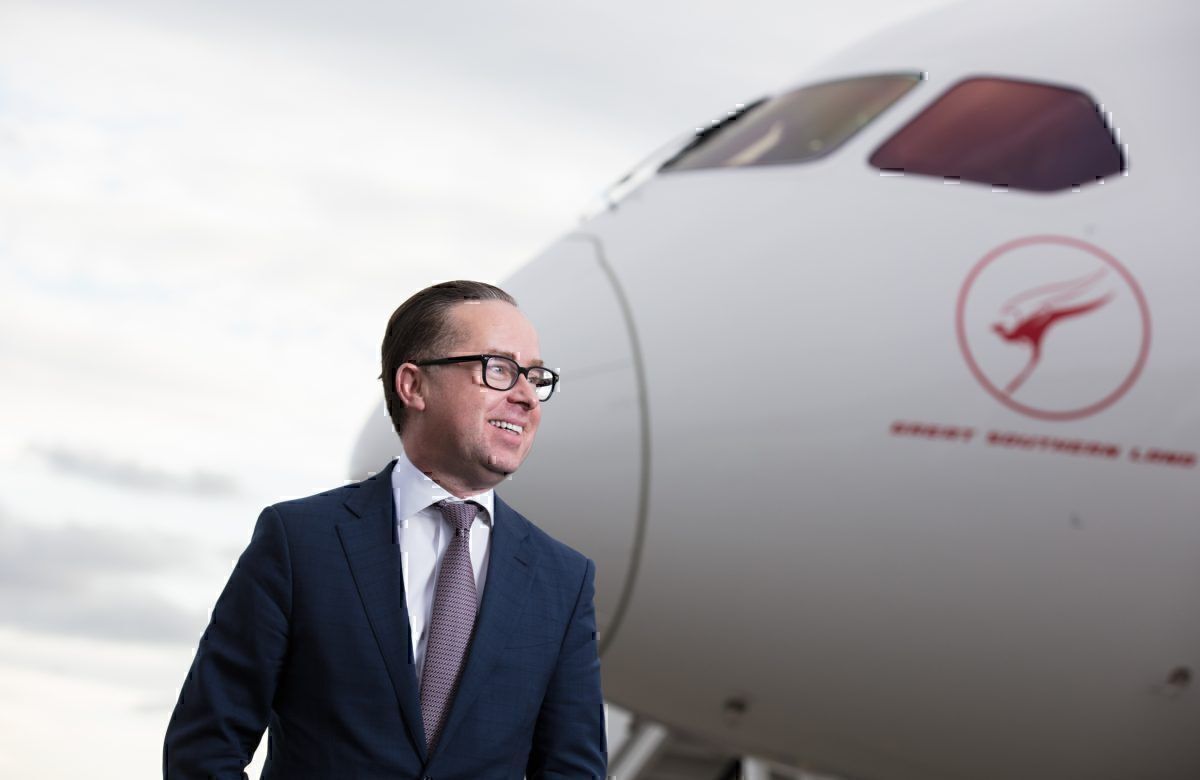Qantas has today announced its plans for navigating through and operating in a post COVID environment. In a radical shakeout, the airline is looking to cut costs by US$10.5 billion over three years, grounding over two-thirds of its fleet for another year, raising further equity, and laying off some 6,000 employees. It's a busy morning at Australia's number one airline.
“Adapting to this new reality means some very painful decisions. The job losses we’re announcing today are confronting. So is the fact thousands more of our people on stand-down will face a long interruption to their airline careers until this work returns.
“We have to position ourselves for several years where revenue will be much lower. And that means becoming a smaller airline in the short term," said Qantas CEO Alan Joyce in a statement today.
A three-year plan focusing on the three Rs
Qantas is implementing a three-year plan to help it deal with COVID-19. The plan focuses on the three Rs; rightsizing, restructuring, and recapitalizing.
As part of the rightsizing, Qantas today confirmed that approximately 15,000 employees would remain stood down. With domestic flying increasing, employees operating international sectors are the most impacted here. However, Qantas will reduce its pre-COVID-19 workforce by at least 6,000 employees.
Australia's Transport Workers Union slammed the decision, calling on the Australian Government to step in.
“Before Qantas slashed thousands of workers’ jobs and takes more of its planes down to the pawnshop, it should be lobbying the Federal Government for an extension to Jobkeeper and financial support to allow the airline to weather the crisis," said TWU National Secretary Michael Kaine.
The worst kept secret in aviation confirmed
In a step towards restructuring the airline and in addition to the job losses, Qantas finally confirmed one of aviation's worst kept secrets - the Qantas 747s are now consigned to history. Also, A321neo and 787-9 fleet deliveries have been deferred, and 100 of the 133 strong Qantas fleet will stay on the ground for up to 12 months. Again, this will impact international operations the most.
Qantas says the majority of its places are expected to go back into service ultimately, but some leased aircraft may be returned as they fall due.
Stay informed: Sign up for our daily aviation news digest.
Qantas looks to save over $10 billion over the next three years
The airline says it will cost nearly US$700 million to implement the plan. However, the savings will far outweigh the costs. Qantas says the plan will deliver benefits of $10.5 billion over three years. Bolstering the targeted savings will be a reduced fuel bill from less flying. There will also be ongoing cost savings through productivity improvements across the Group.
Despite having healthy cash reserves, Qantas will also raise another $1.3 billion in equity. Approximately three-quarters of this will come from an underwritten institutional placement. The remainder will come from a non-underwritten share purchase plan.
It will see Qantas holding equity of $3.15 billion, including $2.5 billion in cash and the rest in undrawn facilities.
COVID-19 left Alan Joyce little choice
Saying the COVID-19 crisis let him little choice, Alan Joyce is optimistic about the future, saying;
“As we’ve done throughout this crisis, our decisions are based on the facts we have now and the road we see in front of us. Our plan gives us flexibility under a range of scenarios, including a faster rebound or a slower recovery.
“The Qantas Group entered this crisis in a better position than most airlines, and we have some of the best prospects for recovery, especially in the domestic market, but it will take years before international flying returns to what it was."




